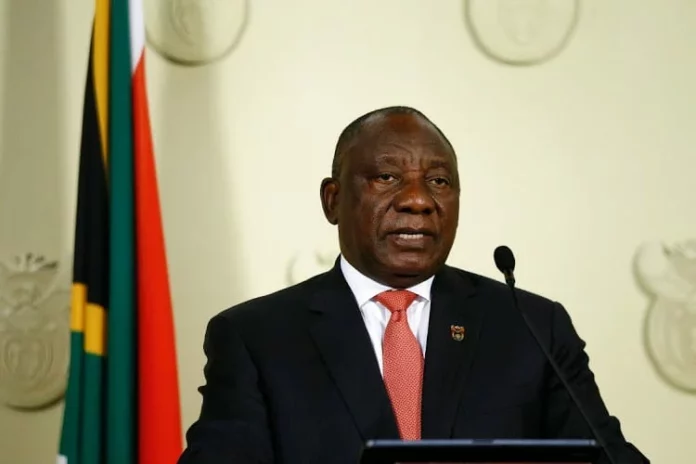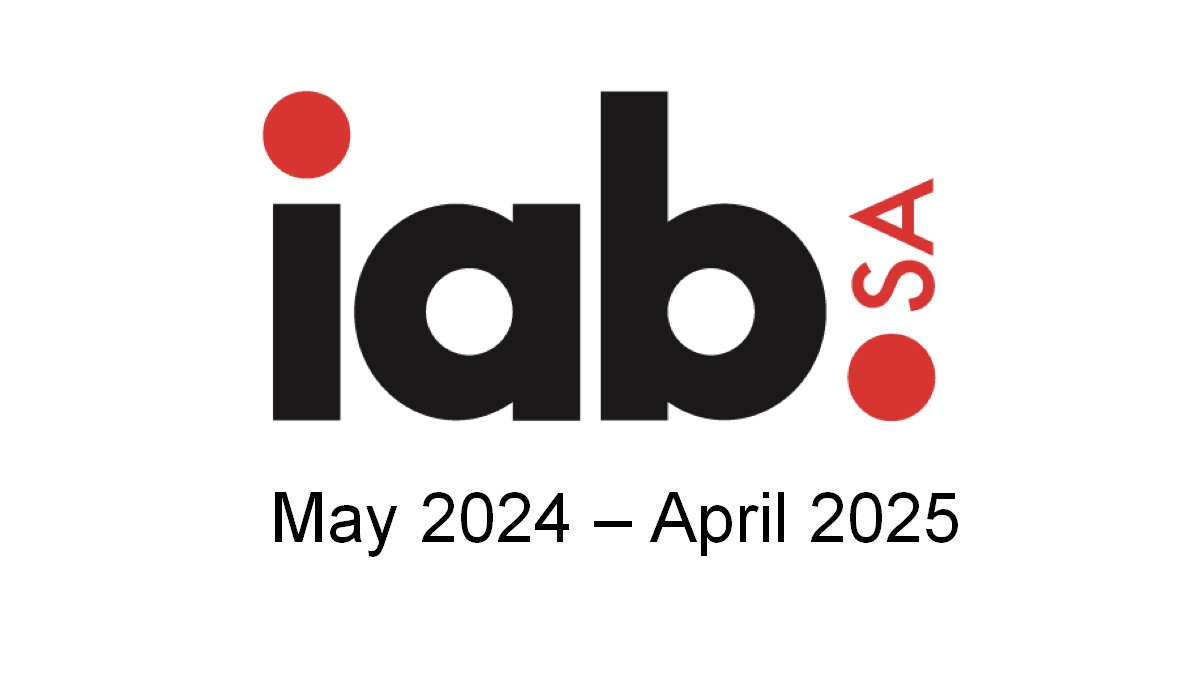Johannesburg – It has been just over a year since President Cyril Ramaphosa placed the country under lockdown. This evening, the president briefed the nation in his latest address on government’s response to the coronavirus pandemic.
Ramaphosa said that many more vaccines have been secured to assist in the fight against the pandemic.
Ramaphosa stated: “We have secured 11 million doses of the Johnson & Johnson vaccine, which we know to be effective against the dominant variants in our country. We have secured a further 20 million doses and are finalising the agreement with Johnson & Johnson. We are also finalising an agreement for 20 million doses of the Pfizer vaccine, which requires two doses. Together, this supply of vaccines will this will provide us with enough doses to vaccinate 41 million people.”
Phase 2 in the middle of May, registration to begin in April
Ramaphosa further stated that phase 2 of the vaccine rollout is due to begin in the middle of May.
Vaccines will be given to people over the age of 60 as well as people living with co-morbidities.
“The 2nd phase of the COVID-19 vaccination programme aims to ensure that we will protect our communities, prevent health services from being overwhelmed & reduce the need for lockdowns that seriously disrupt education, the economy & each one of our lives. Registration to be vaccinated is scheduled to start in April. People will be encouraged to register on-line, but those without on-line access will be able to register in person,” Ramaphosa said.
“An Electronic Vaccination Data System has been established to manage the vaccine rollout and direct people towards vaccination sites closest to where they live. We are developing mechanisms to identify and register undocumented persons so that they too can be vaccinated. We remain committed to keeping the nation informed on every step in the vaccine rollout process,” the president further stated.
Vaccine production
“The Deputy President and I visited the Aspen manufacturing plant in the Eastern Cape, which will be involved in producing the Johnson & Johnson vaccines. We were warmly welcomed by Premier Mabuyane and his MECs.”
This is a world-class vaccine manufacturing facility which rates amongst the best in the world.
This is a great achievement for South Africa, demonstrating our capabilities in advanced manufacturing.https://t.co/BxlN1OLuzp— Cyril Ramaphosa 🇿🇦 (@CyrilRamaphosa) March 30, 2021
“I wish to commend Aspen for having had the foresight to invest in this facility and for the speed with which they have gotten ready to begin production,” Ramaphosa added.
“More than half of the capacity of the plant – which can produce 300 million doses a year – has been committed to Africa.”
“We are also grateful to numerous companies working through the Solidarity Fund to lend financial resources to the vaccine acquisition and rollout. We commend the Vodacom Group and Vodafone Foundation, which have pledged R87 million in the African countries in which they operate for cold chain storage and logistics so that Covid-19 vaccines are delivered securely.”
Easter Break
“In just a few days, the country will begin the annual Easter break. For many, this will be a welcome moment to pause and rest, whether from work or from our studies, and from the pressures of the last months,” Ramaphosa said.
“Many of us have made plans for the upcoming long weekend. Some of us will be heading out of town; others will be visiting friends and family. Many of us will be attending gatherings and celebrations. For millions of people, this is also a time of religious observance. While the rate of transmission remains stable, we cannot let our guard down. This is a time when caution is needed more than ever,” Ramaphosa said.
“Given the relatively low transmission levels, we have decided to keep the country on coronavirus Alert Level 1. However, due to the specific circumstances of this period, we need to make a few adjustments.”
Some of the measures that will remain unchanged are as follows:
The curfew is maintained from midnight to 4am.
Public recreational spaces such as beaches, parks and dams will remain open.
This will continue to be subject to strict health protocols, such as social distancing, mask-wearing.
Funerals remain restricted to a maximum of 100 people and with a two-hour limit on services.
Interprovincial travel will still be permitted.
Ramaphosa further said, “However, I urge all South Africans to limit their travel as much as possible and to observe all the necessary health protocols if they cannot avoid travelling.”
Alcohol:
The sale of alcohol for off-site consumption will be prohibited this coming Friday, Saturday, Sunday and Monday. On-site sales at restaurants, shebeens and bars will be allowed, according to licensing conditions, up until 23:00.
Religious services
“In recent weeks, we have held consultations with faith communities to find mutually beneficial solutions to the challenges of managing large crowds at religious services.”
“Congregants should not gather outside their usual places of worship, and people must go home and not sleep over after services. I want to express my gratitude to the leadership of the faith community who have engaged positively with us as government. Where the venue is too small to accommodate these numbers with appropriate social distancing, then no more than 50 per cent of the capacity of the venue may be used.”
Following this consultation, it has been determined that religious gatherings over this period will be restricted to a total number of 250 people indoors and 500 outdoors.
As before, where the venue is too small to accommodate these numbers with appropriate social distancing, then no more than 50 per cent of the capacity of the venue may be used.
“There is a common appreciation that we must do all we can to support our people to exercise their religious freedom and keep our country safe. With respect to other gatherings, these will also be restricted to a maximum number of 250 people indoors and 500 outdoors,” Ramaphosa announced.
“We continue to urge all South Africans to avoid gatherings if they are in a vulnerable group, such as the elderly and those with co-morbidities. We also urge that gatherings should take place in outdoor venues, which are significantly safer than gathering indoors.”
“We know that wearing a mask in public at all times, regularly washing or sanitising our hands, observing social distancing and avoiding crowds are still the most effective way of keeping the virus at bay.”
Ramaphosa concluded, “Any action that puts ourselves or others at risk must be avoided. The restrictions that are in place for our collective health and safety must be observed. Let us be a responsible nation that is forever aware of the presence of the virus.”
Follow @SundayWorldZA on Twitter and @sundayworldza on Instagram, or like our Facebook Page, Sunday World, by clicking here for the latest breaking news in South Africa. To Subscribe to Sunday World, click here.
Sunday World




